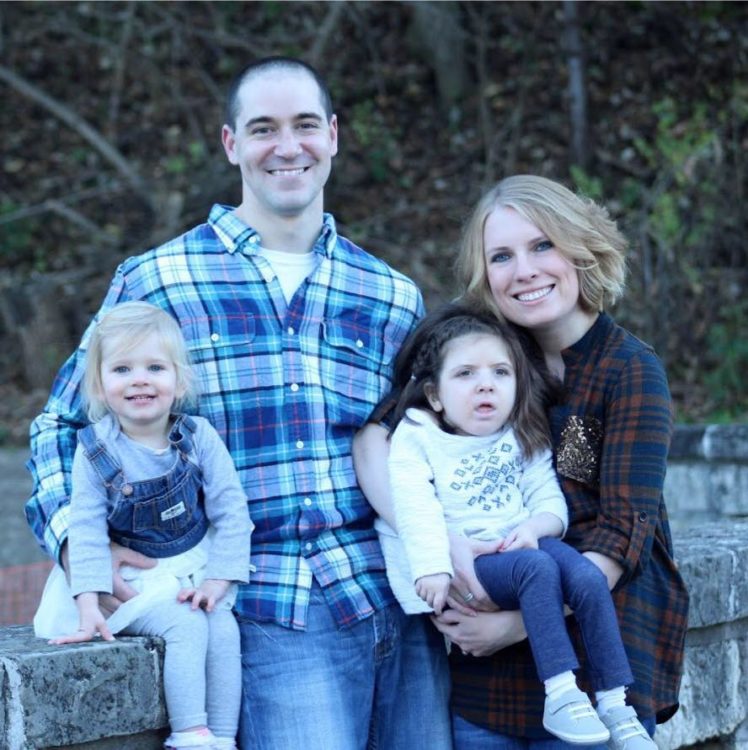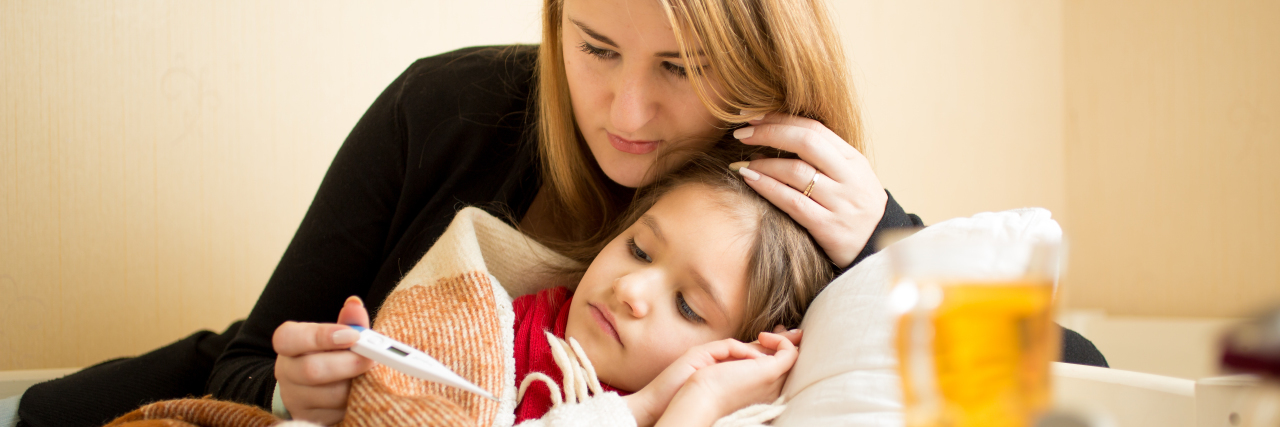Imagine you are in a car accident. It’s terrifying. It’s painful. It requires a long recovery. Your whole family is affected. You’re anxious about getting back behind the wheel. You can’t believe others have gone about their days like normal while you just went through something traumatic. Hey, I was in a car accident and you’re over there talking celebrity gossip? But eventually, your wounds heal, you likely move past it, and you rejoin “normal” life.
Will you sit at home and worry about what your next car accident will be like? Probably not, right? Will you go to the doctor frequently just to ensure you’re doing everything you can to prevent another car accident? Um, no.
While you were in the hospital, were you calculating what things you could do differently the next time your car crashes? Likely not.
Did you practice how to respond the next time your wounded family member is critically injured? No way. What are the odds that any of this terrible trauma would happen to you again? Thank goodness, they are very slim.
However, I’ve tried really hard to explain to people what every “cold and flu season” is like for us. What every respiratory illness entails for us. It’s like preparing for our next car accident.
It sounds irrational, and really, it is. Parents shouldn’t have to live at this heightened level, but parents are resilient — they adjust, they accommodate and they acclimate to their environment.
Like a car accident, an illness to a medically fragile child usually comes out of nowhere.
One morning you’re watching “Trolls,” but then that afternoon you’re calling your doctor for a direct admit to the PICU.
It is predictably unpredictable.
On your work days, you make a mental list each morning of who would get your other child from daycare should you be called away to an emergency. You give your care provider every single phone number you could possibly be reached at, including your bosses’ cell phones — they’ll always be able to find you. You and your pediatrician write a letter and put it in your daughter’s backpack for the local ambulance company, with a report describing your daughter’s condition should you not be immediately at her side. The report says exactly what to do when she “gets in her next car accident.”
On your off days, you seldom relax because you need to “get ahead” on household chores, on freezer meal prep, on bill paying, on supply orders, etc. You never know if tomorrow might be the day you unexpectedly leave your house for a week because of, you guessed it, another car accident.
Remember last time? It was so annoying to come home to a messy bathroom, a supply shelf with no feeding bags, and Christmas cards left to be addressed. Time at home is a gift, better use it wisely.
The majority of your doctor appointments are spent talking about previous car accidents: what lead up to them, how critical they were, and what could be done differently next time. Oftentimes, you go home with new equipment or a laundry list of interventions to try and ward off the next car accident.
But inevitably, you know that it will happen again.
So you grip the wheel a little tighter and mentally prepare.
Oh, and you try to live a little bit of life in between.

This story originally appeared on Journey With Madelyn

